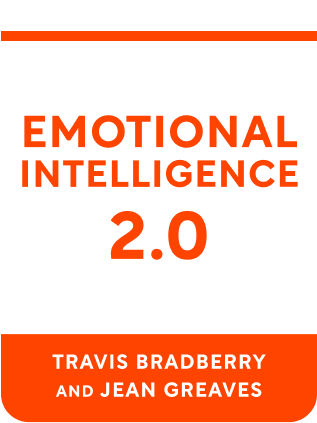

This article is an excerpt from the Shortform book guide to "Emotional Intelligence 2.0" by Travis Bradberry and Jean Greaves. Shortform has the world's best summaries and analyses of books you should be reading.
Like this article? Sign up for a free trial here .
What is the role of emotions in decision making? How much weight should you give your emotions in making the final choice?
When it comes decision-making, emotions are like a double-edged sword. They can guide you towards an optimal path forward, but they can also warp your perspective and obscure it even further.
Keep reading for more about emotions in decision making.
Emotions in Decision Making
Emotions are a very powerful driver of decision making. It’s not necessarily bad to make decisions based on emotions, but oftentimes they can cloud your judgement and obscure perspective. Here are some tips to help you keep a cool head and prevent extreme emotions from swaying your decisions.
Develop a Reason vs. Emotion List
People often struggle to make decisions when their emotional brain and their rational brain tell them to do different things. To make decisions clearer, make a two-column list. On one side, list what your emotional brain wants you to do, and, on the other, list what your rational brain wants you to do. Once you complete your list, compare the two sides and ask yourself two questions:
- Where is emotion warping my perspective?
- Where is rationality ignoring key information from my emotions?
Dedicate Time to Problem-Solving
Life gets busy, and it’s challenging to find time in a full schedule to think through decisions before making them. To remedy this, schedule 15 minutes a day to walk away from your work and problem-solve particular issues. This will help you to make clearer choices and ensure that your emotions aren’t swaying your decision-making process.
Talk With a Third Party
When you’re in the midst of a challenging situation, it’s hard to see the bigger picture. Get an unbiased outside perspective to help you keep things objective and rational as you decipher your emotions and determine the best route forward. When possible, get advice from a skilled self-manager. Ask them about the methods they use to handle their emotions in decision making, then try to implement some of their suggestions into your day-to-day life.
View Situations and Your Behavior Objectively
Objectivity allows you to view a situation without the lens of emotion and determine the best way to ensure a positive result. Take time to step away from an emotional or heated situation and allow your feelings to settle. Once your feelings have subsided, take in all of the information surrounding the situation and make a decision based on logic.
Respect Your Values
It’s easy to lose sight of your core values when emotions go haywire. If you allow emotions to overwhelm your beliefs in these moments, you’ll make decisions that don’t reflect the ideals you hold dear.
Think about your core values and state them explicitly. This will force you to solidify your central beliefs. Once you know your guiding principles, determine how you can make decisions that reflect these ideals. With enough practice, you’ll be able to hold yourself accountable and make value-driven decisions even when experiencing extreme emotions.

———End of Preview———
Like what you just read? Read the rest of the world's best book summary and analysis of Travis Bradberry and Jean Greaves's "Emotional Intelligence 2.0" at Shortform .
Here's what you'll find in our full Emotional Intelligence 2.0 summary :
- What emotional intelligence is and why it's essential for your workplace success
- The 4 reasons you need to work on your EQ
- How you can use EQ to better manage relationships






